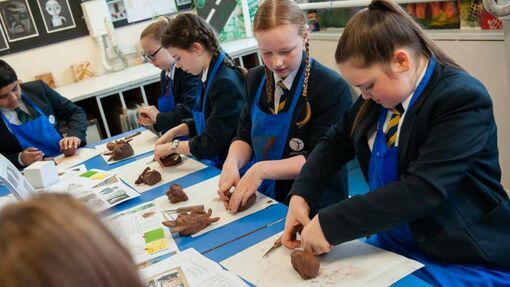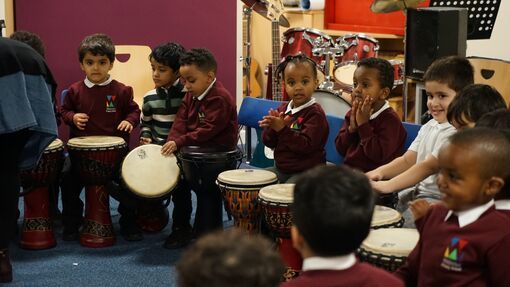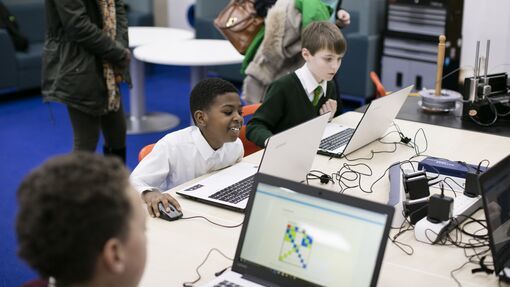The role of creativity in education
Posted by:

I’ve worked with young people throughout my career and have seen first-hand the impact that creativity and imagination can have on children. I was therefore delighted to be tasked with helping to bring together the Durham Commission on Creativity and Education.
The Commission was convened to look at our education system and how learning can nurture the capacity for creativity in children.
Over the last 18 months I’ve seen the weight of evidence growing for the way that creativity drives change, gives people agency and helps us navigate our way in the world.
The world is changing faster than ever but the current knowledge-based education system only goes so far in giving young people the vital skills, resilience and confidence to shape their lives.
Drawing on its research, the Commission has therefore developed a vision for promoting creativity in education. It’s become clearer than ever that we must prioritise teaching for creativity to meet our future needs and to give all children the opportunities they deserve.
It’s not always been a straightforward path to the final report and recommendations we’re publishing today. There have been heated debates, contested priorities and of course, compromise. What has emerged is a firm belief that all schools, from early years to post-16 education should be better enabled to support creativity for all young people, whatever their background.

Creativity isn’t the sole dominion of artists and geniuses. It shouldn’t be confined to certain subjects in the curriculum, creativity in science is different to creativity in drama but is valuable to both. Creativity is enhanced through subject knowledge. We’re advocating for children to be given the chance to deepen their subject understanding and build on this through creativity. An enriching experience for teachers and students alike.
I’m a grandmother to two children but you don’t have to be down with Peppa Pig to be passionate about the idea that young people deserve all the advantages they can get – and to be determined that children should be given all the skills possible to enter society and the world of work with confidence.
The recommendations the Commission has developed are aspirational and long term. They will require a great deal of collaboration and leadership to make them happen.
They’ve focused on several key areas including teaching for creativity, with the Arts Council already pledging £500,000 of programme investment into a pilot of Creativity Collaboratives, where schools come together to develop best practice. Better recognition and evaluation of teaching for creativity in schools; a focus on digital technology and creative opportunities out of school hours and in the world of work are also priorities.
The Commission has also been clear that inclusion of the arts as standard in the curriculum to key stage 3 and a Department for Education funded National Plan for Cultural Education are vital.

The Commission has called on a range of organisations to help deliver this vision and I’m very pleased to say that in meetings with organisations from NESTA and the BBC to the Department for Education and Ofsted it’s clear that there is an appetite to embrace these recommendations.
I’m looking forward to the coming months and seeing how we can work together to make sure real differences begin to unfold. These changes won’t happen overnight. We’ll be working with teachers, parents, carers and employers to enable a positive shift in the way teachers teach and children learn to nurture creativity. Let’s get started. Young minds are counting on us.





